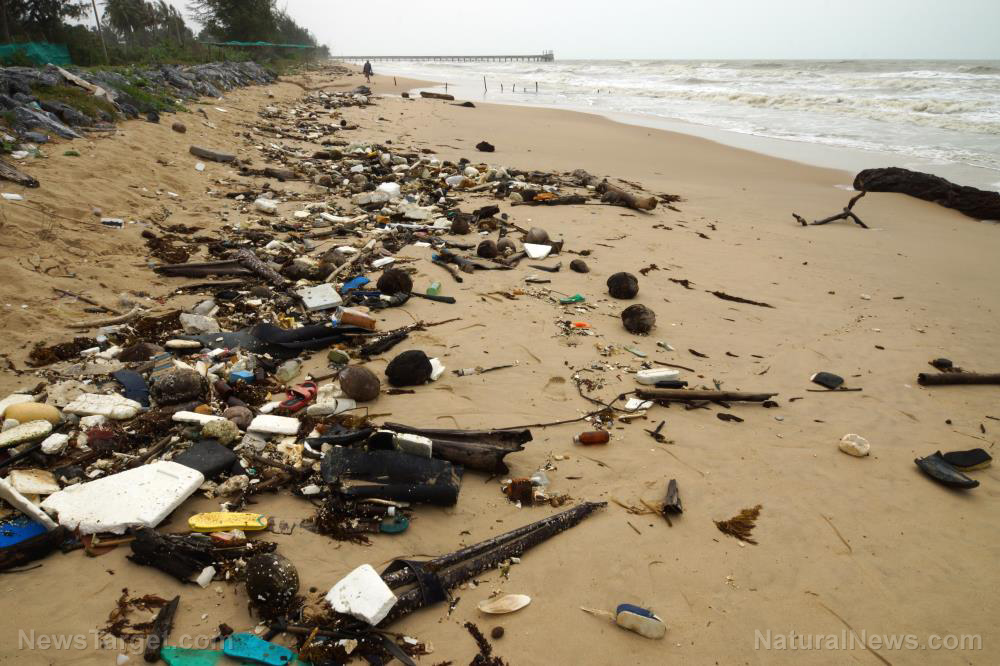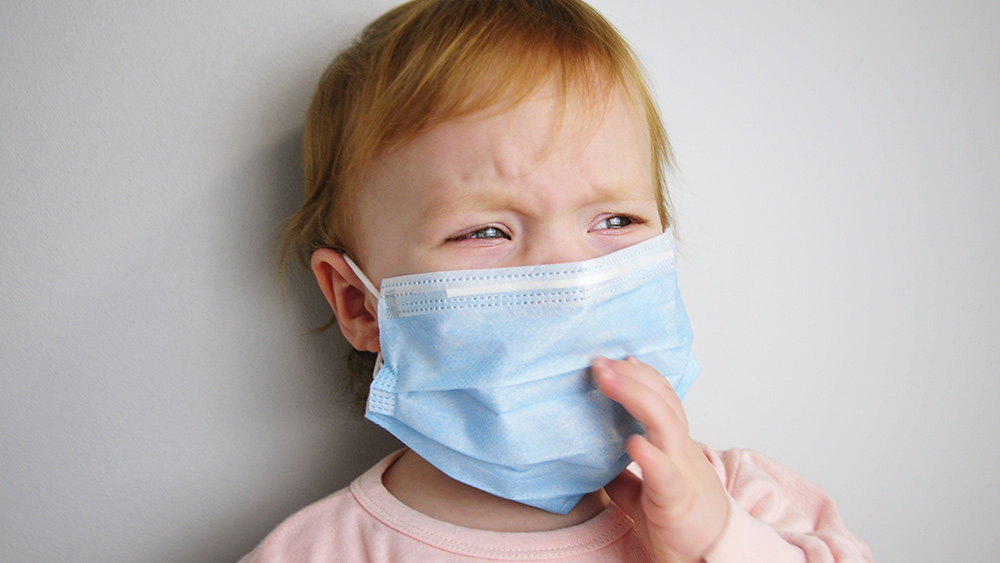Oceans have become TOXIC to humans, rendering beach-goers unable to breathe
09/06/2019 / By Cassie B.

In England, people headed to their local beaches in droves to enjoy the bank holiday weekend August 25 and say goodbye to summer in unusual 92-degree heat – but many of them ended up seeing firsthand just how dangerous ocean pollution can be.
Around 150 people got sick after going to beaches along the country’s Essex Coast, with 14 ending up in the hospital. The beaches affected were Walton-on-the-Naze, Clacton, and Frinton-on-Sea. According to the Met Office, it was the hottest August bank holiday weekend ever, and the record-breaking temperatures inspired hundreds of families to pass their day at the beach.
Beachgoers experienced symptoms such as trouble breathing, burning eyes and noses, coughing and vomiting, with the first reports rolling in at around 2:00 in the afternoon. One woman said her twin daughters were left “gasping for breath,” reporting that breathing in was painful; one of them couldn’t even speak. Moving further away from the beach seemed to lessen their symptoms somewhat, but they sought medical treatment nevertheless.
Countless children were seen coughing as they emerged from the water, and beach patrols came to tape off some areas. Emergency crews and ambulances rushed to the seafront area to assist those who were affected.
Although no one has gotten sick since the initial outbreak, beachgoers have been advised to avoid the water as the investigation into the cause of the illness continues. Some of the beachgoers have stated that they saw a haze in the air and recalled smelling fumes.
The cause of the illness is not yet known. Water samples were collected for testing, and the results are pending. Rumors circulated that a fuel spillage from a boat was to blame, but the country’s Maritime and Coastguard Agency has not found any evidence of such a spill, despite sending out counter-pollution surveillance aircraft to fly over the area.
A spokesman from the Tendring District Council said: “We are aware of a number of speculated causes, ranging from algae, a fuel spillage and a spike in pollution and ozone levels, and we would reassure the public we have looked into a whole range of possibilities. However, it is possible we will never know for sure what caused this incident.”
Lots of incidents at beaches in recent years
That isn’t the first time people have become ill in droves on British beaches. Earlier in August, the seafront at Worthing had to be evacuated on account of hazardous materials that are believed to have come from a boat nearby. In August of 2017, around 150 people were hospitalized with vomiting and sore eyes in Eastbourne in an incident that was traced to a gas cloud from the Channel.
American beaches aren’t much better. Last month, a popular beach in Thurston Country, Washington, was closed because of the presence of toxic algae in the water in Long Lake. Similar incidents took place at several Gulf Coast beaches throughout the summer.
Meanwhile, a toxic chemical spill from a steel plant led to beach closures along Lake Michigan, leaving hundreds of dead fish in its wake.
Research from the Environment America Research and Policy Center shows an alarming number of American beaches spend many days with bacteria counts that exceed EPA standards, which means those who swim in the water could potentially become sick. Fecal waste from sewage overflows is just one problem.
Beaches used to be the place everyone headed to relax and connect with nature, but the salt water that once healed and rejuvenated has turned into a toxic brew that is making people sick thanks to years of pollution and mistreatment.
Sources for this article include:
Submit a correction >>
Tagged Under:
beach, coughing, England, environment, Essex, ocean health, toxic water, vomiting
This article may contain statements that reflect the opinion of the author
RECENT NEWS & ARTICLES
Microplastics.News is a fact-based public education website published by Microplastics News Features, LLC.
All content copyright © 2018 by Microplastics News Features, LLC.
Contact Us with Tips or Corrections
All trademarks, registered trademarks and servicemarks mentioned on this site are the property of their respective owners.





















